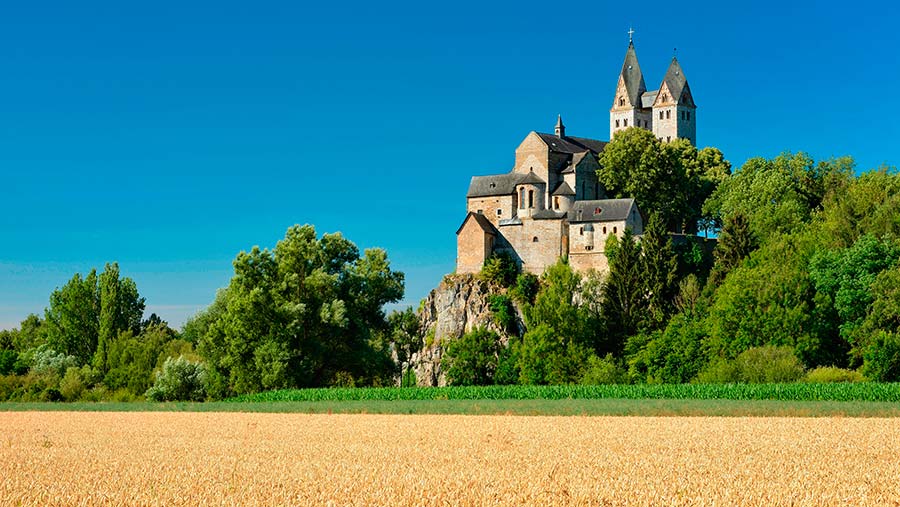Give UK a good post-Brexit trade deal, say German farmers
 © Andreas Vitting/imageBROKER/Shutterstock
© Andreas Vitting/imageBROKER/Shutterstock German farmers are pushing the EU to preserve its lucrative food and drink export market by offering the UK a generous post-Brexit agricultural trade deal.
Westminster and Brussels are poised to begin negotiations on how the UK will trade with the EU once the Brexit transition period finishes at the end of this year.
According to reports in The Times, the German Farmers Association (DBV) is concerned that if a viable agreement is not reached, the tariffs and customs checks that will ensue will see cuts to the €4.5bn (£3.8bn) of agricultural goods Germany sends to the UK each year.
See also: Farm leaders outline top priorities for 2020
The country currently enjoys a large trade surplus with the UK in food and drink, with only €1.3bn of UK products heading to Germany.
DBV vice-president Walter Heidl said: “Brexit makes trade difficult and new expenses arise.
“It costs time and money for everyone involved. We need to ensure that the consequences for British consumers and German agriculture are cushioned through the trade deal.”
German analysts have predicted that even if a mutually beneficial trade deal is reached, the trade surplus will still fall by up to 20%, but if there is no trade deal by the end of 2020 then it could fall by 50%.
The drop will have the biggest impact on the cereals sector, with €620m of grain, mostly high-protein German wheat destined for the milling market, arriving on UK shores each year and malting barley for the large German brewing industry going the other way.
Increased supplies within the EU of product which would have previously been exported are also likely to push down EU food prices.
Analysis
EU farming unions have previously called for the UK to be closely bound to the EU after Brexit by making continued alignment of production standards and tariffs a part of a future trade deal – to avoid UK farmers undercutting high EU production costs.
However, agreeing to that is problematic for the UK as it will make it more difficult to strike trade deals with other countries where production standards are lower, such as the US.
When negotiating the withdrawal agreement, EU member states were able to maintain bargaining power in part by managing to speak with one voice through chief negotiator Michel Barnier.
However, as the talks move on to their second phase, this push by German farmers may be the first of many self-interested interventions which make the task of new EU trade commissioner Phil Hogan more difficult and provide a chink in the EU’s armour for UK negotiators to exploit.
Talks are expected to last for at least the entirety of 2020, with Mr Hogan recently predicting that Boris Johnson may have to continue negotiating into next year.
“In the past, we saw the way the prime minister promised to die in the ditch rather than extend the deadline for Brexit, only for him to do just that,” Mr Hogan told The Irish Times.
“I don’t believe prime minister Johnson will die in the ditch over the timeline for the future relationship either.”
